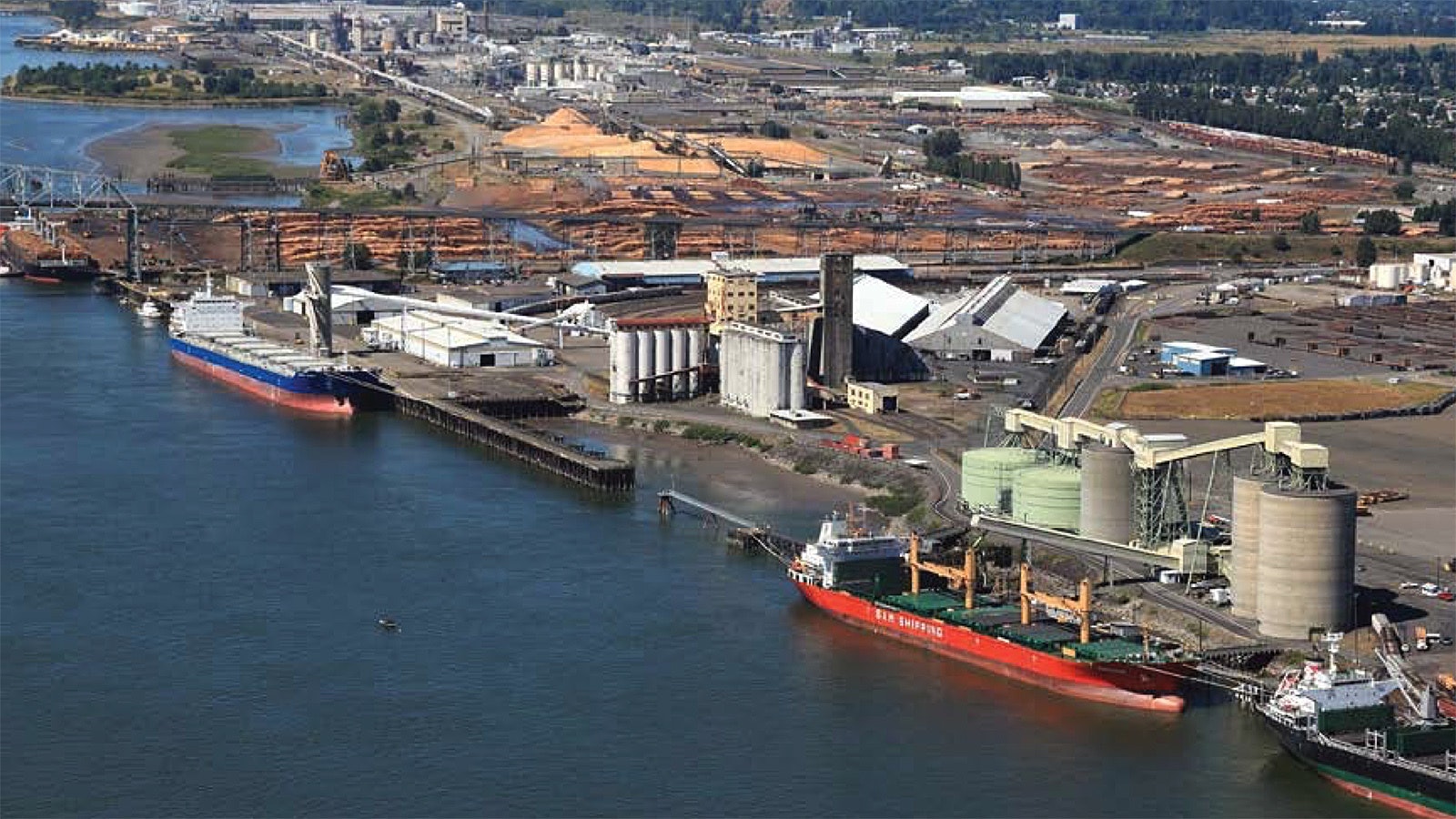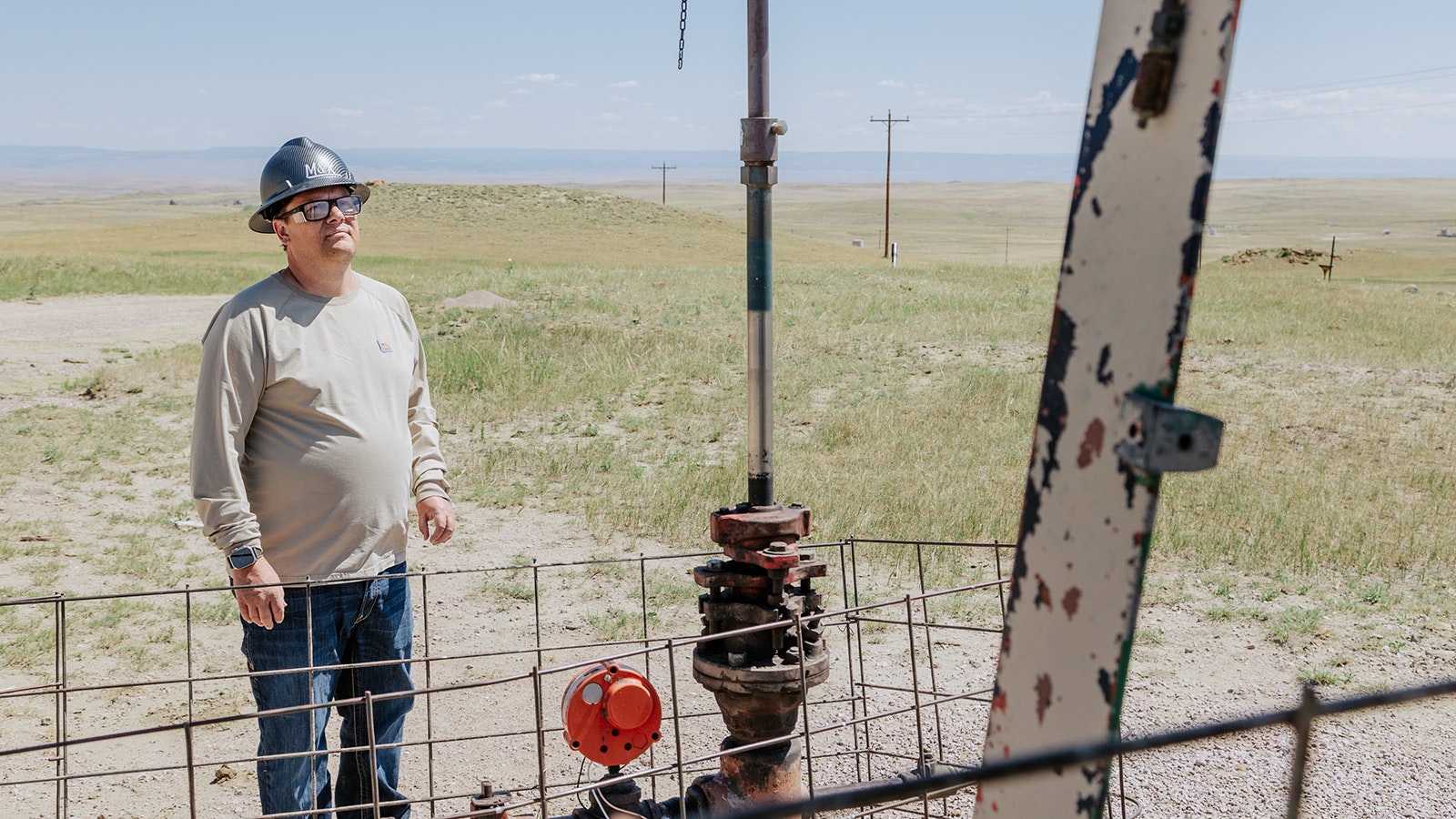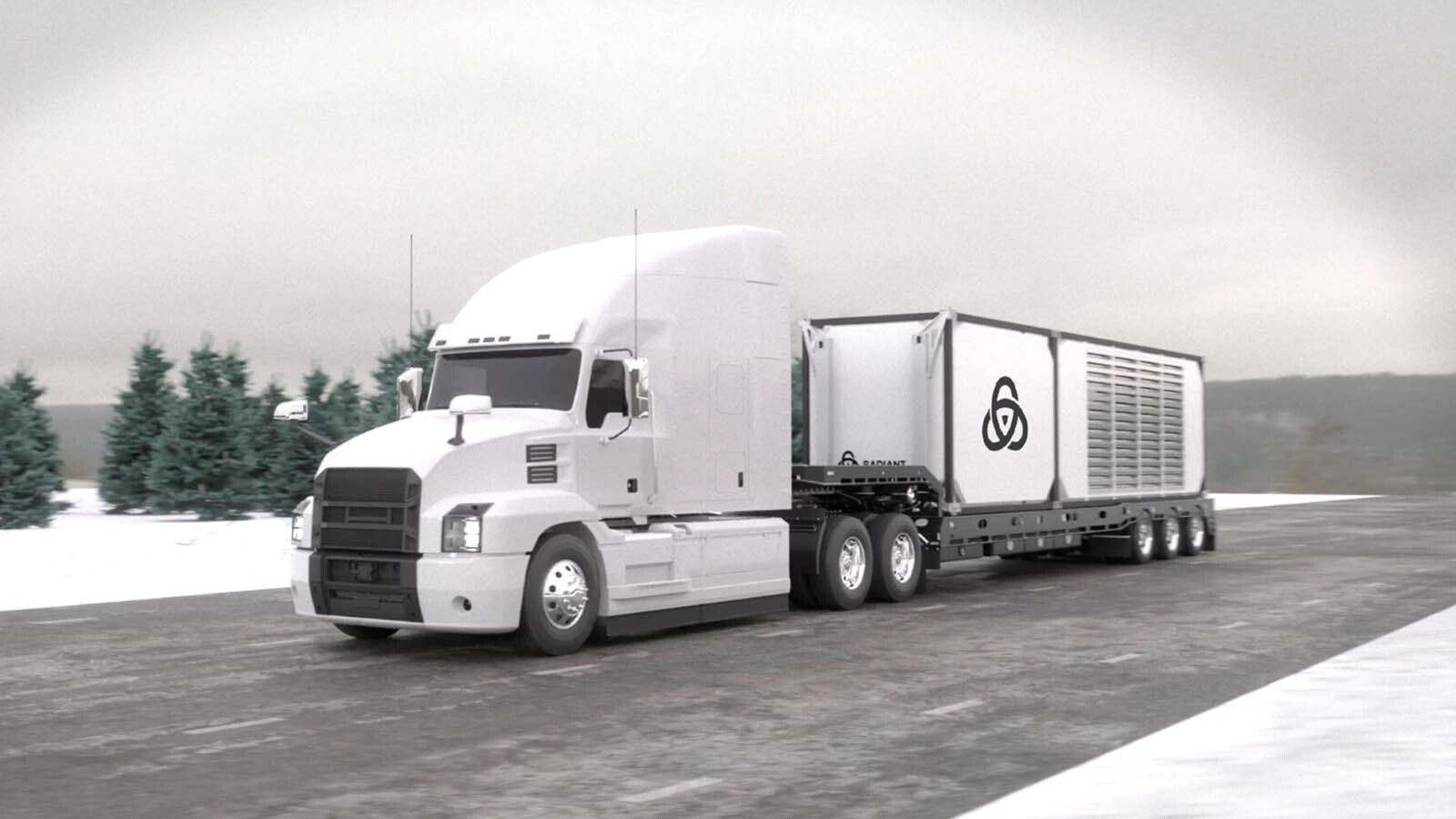The Petroleum Association of Wyoming (PAW) joined with other energy trade groups this week to file a pair of lawsuits against federal land management and environmental agencies that challenge Biden administration rules pushing oil and gas drilling overseas and place methane production at risk.
In Wyoming, agency says the net effect of the two lawsuits is to save jobs, keep economic activity going full steam ahead in the Cowboy State, and give the oil and gas industry a fair shake on staying competitive domestically.
“It is no secret that President Biden desires an end to oil and natural gas production on federal lands — his own comments and statements from members of his administration are clear evidence,” said PAW President Pete Obermueller in a statement. “PAW stands in the gap against wave after wave of expensive and unnecessary rules coming out of Washington.”
In one lawsuit, the Wyoming organization and 21 other trade groups claim that a new methane rule issued by the U.S. Environmental Protection Agency exceeds its authority and puts nearly 350,000 wells and 10% of U.S. production at risk.
The case has been consolidated into another pending before the U.S. Court of Appeals for the District of Columbia being led by a group of 24 states, including Wyoming.
In the other case, the crux of the dispute with the U.S. Bureau of Land Management is a new rule issued April 11 that could make it difficult for some oil and gas companies to bid on energy leases on public lands.
The economic effects of the rule could mean trouble ahead for Wyoming.
This lawsuit was filed Wednesday in the U.S. District Court for the District of Wyoming in Cheyenne.
The BLM leasing rule places new burdens on federal land leasing states like Wyoming and will hit small operators disproportionately, Obermueller said.
“Despite having an $85 million war chest laying idle for reclamation in Wyoming, the BLM is seeking a 1,400% increase in the bonding amounts companies will need to front, often out of their own personal savings, before production can begin,” he said.
BLM War Chest
PAW's members range from 26 of the state’s top 30 producers to small mom-and-pop operators, accounting for more than 90% of Wyoming’s oil and natural gas production. Collectively, the group’s members generate more than $5 billion in economic activity and employ 19,000 workers.
In the BLM lawsuit, PAW joined with the Western Energy Alliance, Independent Petroleum Association of New Mexico, New Mexico Oil and Gas Association, North Dakota Petroleum Council and Utah Petroleum Association.
The BLM maintains that its rules were designed to strengthen accountability for oil and gas operations on public lands. The rule is the agency’s first update to the federal onshore oil and gas leasing program since 1988, and the first update to minimum bonding levels since 1960.
Generally, the rules impose higher fees and increases royalty rates for the first time in more than a century.
Meanwhile, PAW says that the rule dramatically raises bonding requirements and severely limits the number of parcels offered at lease sales.
A bond is collected from a company wanting to drill so that it can be held financially liable for restoration activities should the company walk away.
The industry says that the BLM rules effectively make the process for bidding on leases more expensive due to the government’s misunderstanding of orphan wells and how many exist on public lands.
Orphaned wells are abandoned wells for which no owner can be determined. That number is fractional on public lands. It’s a different story on private lands, where there are substantially more.
Roughly 29%, or 27,000, of the 94,000 total wells nationwide are in Wyoming, making it the No. 2 producer of oil and gas on public lands in the country. New Mexico, which straddles the energy-rich Permian Basin in west Texas and New Mexico, tops the list.
Pat Maio can be reached at pat@cowboystatedaily.com.





